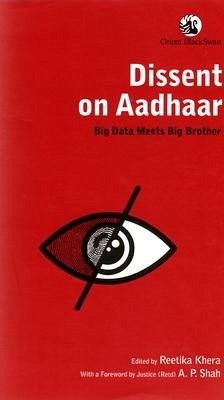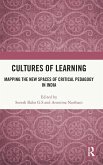Aadhaar, India's unique identity system, was introduced in 2009 with the stated purpose of creating a more inclusive and efficient welfare system. Hundreds of millions of Indians were enrolled into the biometric database, with successive governments creating pressure by making it compulsory for social benefits. Even after the Supreme Court verdict in 2018, it remains a must-have for welfare.Dissent on Aadhaar argues that Aadhaar was never really about welfare. The essays in this book explain how the project opens the doors to immense opportunities for government surveillance and commercial data-mining.Focussing on Aadhaar, but drawing lessons from ID projects from other parts of the world also, this book alerts readers to the dangers lurking in such expansive digital ID projects. For example, how profiling, made possible by Aadhaar, impinges on the fundamental Right to Privacy; or how surveillance leads to self-censorship and can choke free thought and expression; or how Aadhaar, contrary to government claims, excludes people entitled by right from welfare when made compulsory.
Hinweis: Dieser Artikel kann nur an eine deutsche Lieferadresse ausgeliefert werden.
Hinweis: Dieser Artikel kann nur an eine deutsche Lieferadresse ausgeliefert werden.








